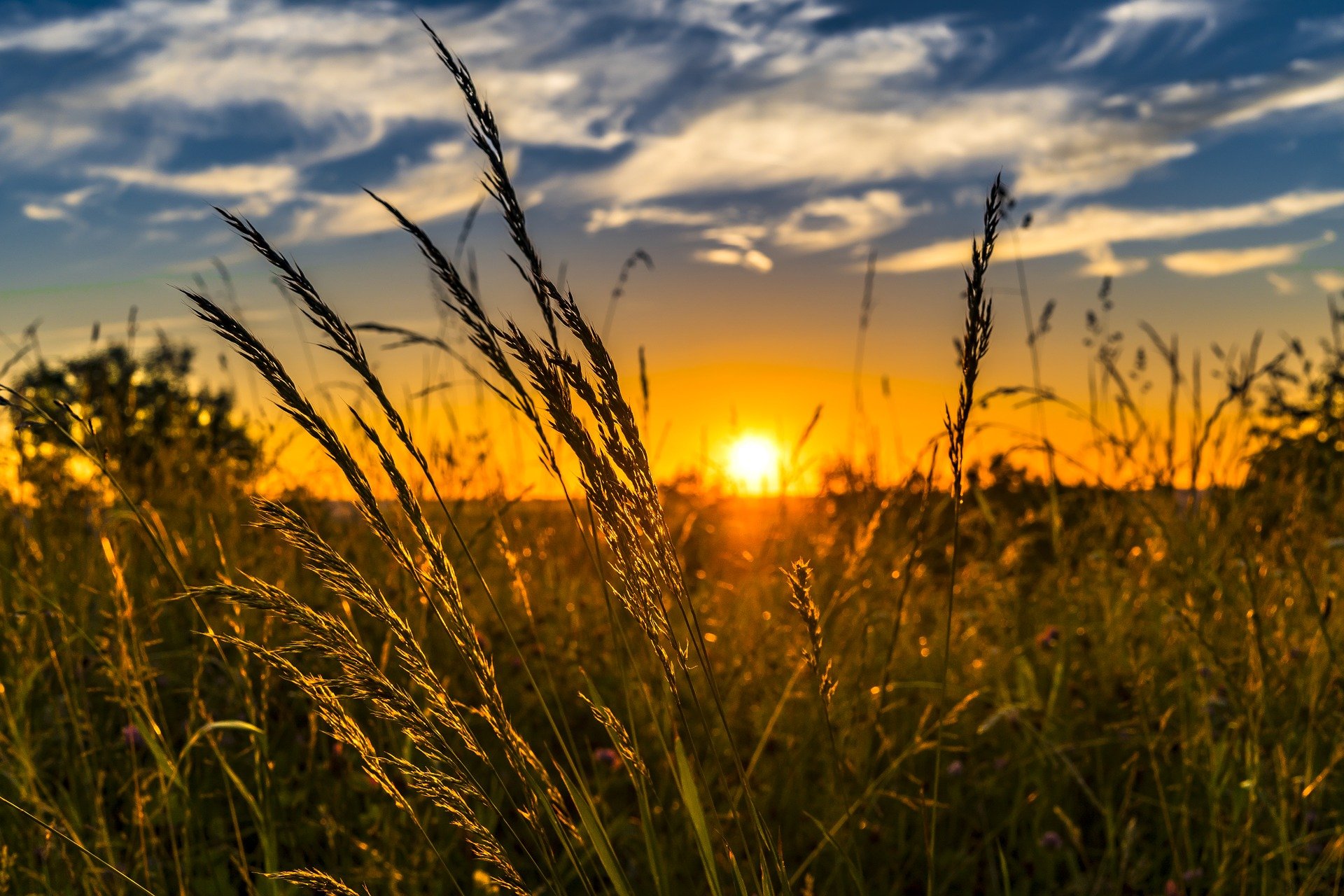I have always loved land. Although a city kid, from the time I was five years old, I remember wanting to live on a farm. I loved seeing things grow and planting seeds for food and flowers. Every plant to eat and every flower grown was counted. All were loved. Planting had a pattern to it. And certain plants and flowers yielded their fruit earlier or later than others. I had faith that all would grow in its time. Every summer I looked forward to spending time in the country and to this ritual and spirituality. The land was a living entity to me, to be respected.
This week’s Torah portion, Bamidbar, finds the Israelites wandering in the desert. The excitement of escaping from Egypt and receiving the Torah at Mt. Sinai are over. Now will come a time of growth. The people will test limits. And there will be a time for renewal. It is a time for the Israelites to consolidate their identity as a nation and their relationship with God.
One of Bamidbar’s major themes is the census of its people. The members of the tribes are counted individually, as every Jew passed in front of Moses and Aaron. Each person has personal worth. God wants them counted because each person, as an individual, is worthy and loved. And as soon as the Jews settle in Israel, counting is still important. They begin to count and observe seven-year cycles. Every cycle would culminate in a Sabbatical year known as Shmita, literally, “release.” Release from material things and connect with The Divine. Release from the worry about debts, they are to be forgiven. Release from ownership.
The lessons learned in Parsha Bamidbar, are much the same as those that we are to learn from the Shmita year. We follow specific laws and rituals that help us make and renew our connection with God. Here is our opportunity to have confidence in God’s love, power, and bounty. Here is our opportunity to let go, find our spirituality, and trust in God. Respect the land and let it rest. It is our opportunity to concentrate less on material things — to relax our reliance on ourselves and what we need, and focus more on what our higher selves need.
“Every blade of grass has its Angel that bends over it and whispers, Grow, Grow.”
This saying from Bereshit Rabbah has many interpretations. To me, it is beautiful, invoking not only the hand of The Divine in growing things and giving plants a time to grow, but also implying rest. For isn’t that what living is? Growing but also needing to rest, to renew, and then to continue the cycle. There is a relationship here between the Earth and The Divine. But this saying also reminds us, in this Shmita year, to grow along with our faith, and in our loving partnership with God to care for the land. There is also human action involved: Our choices, our responsibility. Following Shmita allows us to find fulfillment in submitting to the command of an omniscient, transcendent Being. But we also need to become active participants in God’s ongoing creation of the universe. Shmita helps us become transformed by commitment among humans, and between humans and God. It is a commitment that is joyful, passionate, and accepting. It seems that the lessons of Bamidbar and of the upcoming 2021-2022 Shmita year are arriving just in time to help us through this very difficult time the world is living through.
 Dr. Susan R. Eisenstein is a long-time Jewish educator, passionate about creating special innovative activities for her students. She is also passionate about writing about Jewish topics and Israel. Susan has two Master’s degrees and a Doctorate in Education from Columbia University. Her passion is in Judaic studies and the Hebrew language.
Dr. Susan R. Eisenstein is a long-time Jewish educator, passionate about creating special innovative activities for her students. She is also passionate about writing about Jewish topics and Israel. Susan has two Master’s degrees and a Doctorate in Education from Columbia University. Her passion is in Judaic studies and the Hebrew language.





Comments are closed.